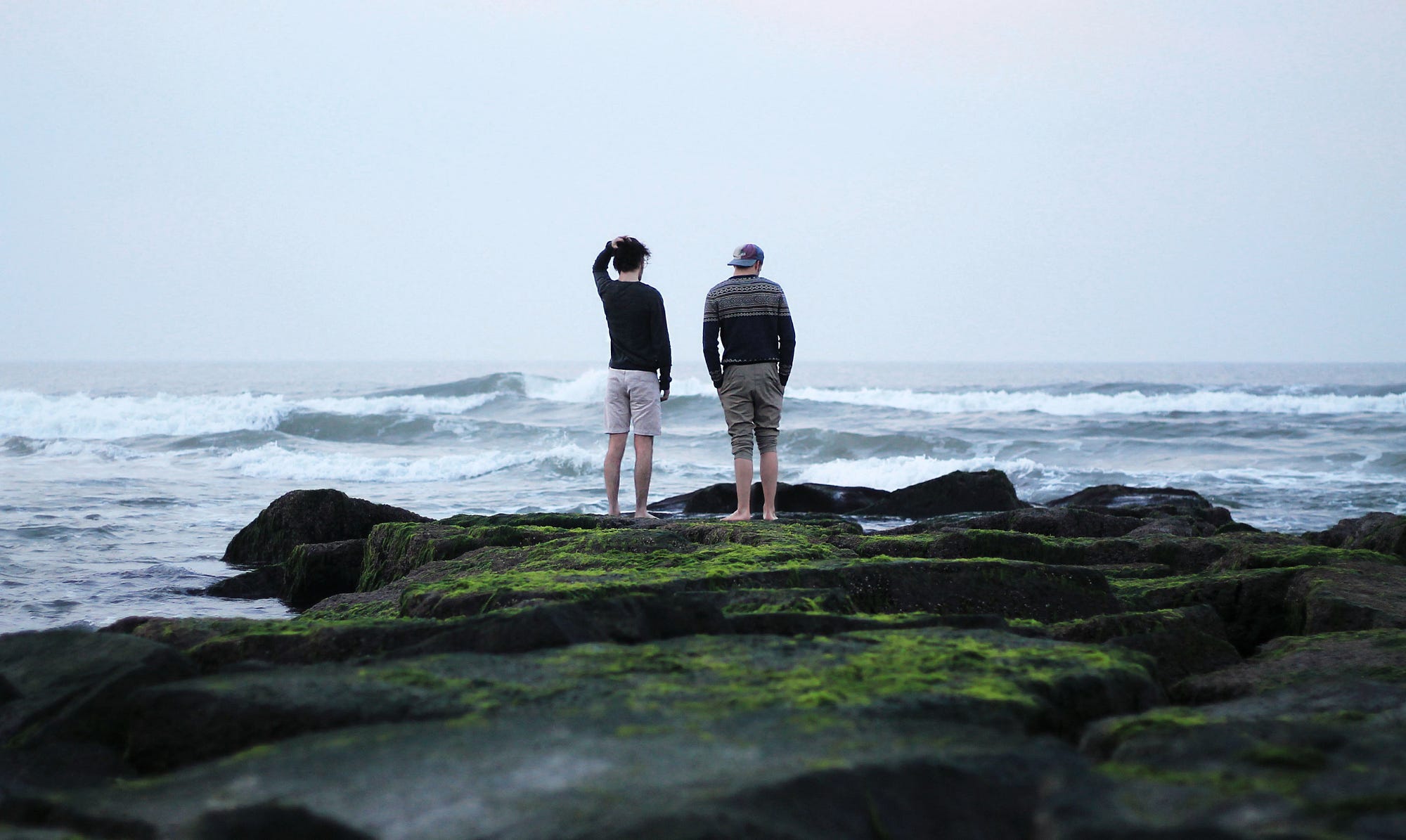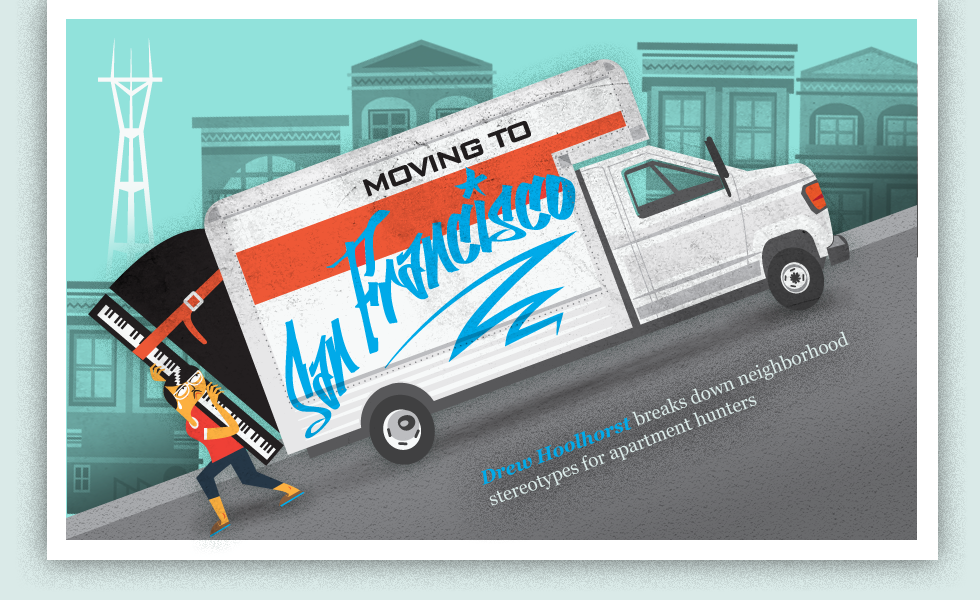
“I could pretend to be your wife,” my friend offered sincerely.
“Do you really think that’d work?” I asked, gesturing up and down my Britney Spears shirt with quick elevator hands. “Who would ever believe that you’d willingly marry this?”
Her “proposal” came as a kind — but risky — offer to mask the fact that we were both queer on a potential visit to Iran, the country both of our families emigrated from. I’ve never made the voyage, partially out of fear of traveling as a gay man to a nation with brutally harsh laws, including the death penalty, against homosexuality. My friend, though, has made the trip before while carefully pretending to be straight.
When traveling through parts of America, I already know what it’s like to hide my sexuality to feel safe.
For individuals who are openly gay, embarking on trips to countries like these — or any country, really — requires extensive research and preparation beforehand to ensure safety. Facing hate is just a reality of traveling while queer. Anywhere and everywhere you go can potentially become a risky situation. Even here in America, we saw a 20 percent increase in hate crimes in 2016, and newer data reveals that these injustices have only continued to rise since.
When traveling through parts of America, I already know what it’s like to hide my sexuality to feel safe. Now that I’ve graduated college and have a marginal amount of disposable income, I’m ready to travel to other parts of the world, but it will definitely take an abundance of caution. Here’s what I’ve learned (let’s just say I’m not sure Iran will be my first stop).
Our mere existence is illegal in nearly 40 percent of the world.
In many countries, being gay is outright illegal
Travel for queer folks requires more work and preparation than most people realize. To put things in perspective, our mere existence is illegal in nearly 40 percent of the world.
A whopping 73 countries — mostly in the Middle East, Africa and Asia — criminalize homosexuality to some extent, and as of 2016, 10 of these countries still punish homosexuality with the death penalty, including Yemen, Somalia and even the United Arab Emirates, which contains Dubai, one of the world’s most popular tourist destinations, in which foreigners have been detained for extremely minor reasons.
The US State Department’s LGBT travel guide advises tourists that they are subject to the laws of the countries they enter and should be wary of any public displays that could constitute same-sex activity. It also states that queer travelers should be wary of entrapment campaigns—initiatives by local authorities to monitor online activities to criminalize LGBT folks—and take steps such as making their social media accounts private, deleting them altogether or duplicating accounts for consumption abroad to create a digital persona that’s normative enough to avoid scrutiny.
Iran, where my family emigrated from during the violent revolution of the late ’70s, is one of the strictest of countries. I’ve always had a conflicting desire within me to visit—to walk on the same streets my Mom did, see the house my grandpa sold off in the Armenian district and finally meet distant relatives who never left—but at the same time, I would need to be extremely careful should I go to a place that publicized an execution of one of its own citizens two years ago. Based on these facts, in addition to the repulsive reaction of my relatives when I came out of the closet and the current hostility toward the United States, Iran is likely off the table for now.
It’s still dangerous in places where we’re technically legal
In many countries, being queer may be legal, but due to societal norms and a lack of legislative protection, vacations there may still be dangerous.That includes Russia, where homosexuality is legal, but a hostile government finds loopholes, such as its 2013 gay propaganda law, to criminalize residents and foreigners alike.
Hate crimes in the country have also risen due to locals adopting hostile views. When it hosted the 2018 World Cup, a gay French couple was brutally beaten by Russian locals, sparking international controversy.
So even when a country “allows” homosexual folks to exist, being visibly queer can still be extremely dangerous.
Another country I’ve hoped to travel to is Armenia, which offers a birthright program to members of its diaspora, which I qualify for. After doing some research, however, I found that while Armenia doesn’t have legislation criminalizing LGBT folks, the small country surprisingly ranks even lower than Russia on ILGA-Europe’s equality index. The country has been riddled with violent hate crimes against gay and trans folks, and even foreign visitors, like the icon Elton John, have been pelted with rotten eggs and greeted with slurs.
Even if a destination isn’t dangerous, it may not be fun to visit
Going to popular, seemingly more liberal tourist destinations—in Europe and Asia, for example—should still be done with caution. While they may tolerate queers, they may not accept queer people being open with their identities in public. And just like in the United States, it depends on what region you’re in.
Take Italy, for example, where sections of the country are more friendly to queers than others. The north is known for its acceptance and tolerance, especially in the gay metropolis of Milan. Then, as you go farther south to more rural areas and to Rome, conservatism sharply ticks up. While Rome is certainly a safe location, it isn’t known as a gay travel destination by any means. Since it’s home to the Catholic Church, there are more unfriendly views within the historical city, which leads to microaggressions against openly gay couples.
And in Japan, much of the gay scene is reserved for queer locals who are looking to meet each other. Tokyo has a thriving queer district called Shinjuku Ni-chōme, which has many tiny gay bars available for foreign visitors and many others that exclude them too. Much of the rest of Japan is known for more of a “don’t ask, don’t tell” stance on homosexuality. Japan’s culture is quite reserved, so public displays of affection aren’t the norm, especially for visiting LGBT folks.
Bottom line: in most countries, unfortunately, it’s temporarily back into the closet we go
The reality is that whether we’re traveling to a harsh location or one where we’re simply unsure of what kind of reaction we’ll get, going outside (or inside) of America often means acting straight for the sake of safety.
Of course, some locations are very open and popular for queer travel, like Mykonos, Greece, as well as Rio de Janeiro, Brazil. According to the Spartacus 2018 Gay Travel Index, there are 38 countries that are more friendly to LGBT folks than America, including nations like Estonia, South Africa and Argentina.
The world has never been ready for queers, but we’re not going to sit around and wait.
LGBT people often rely on word of mouth from others’ personal experiences as well as countless gay travel blogs—a whole section of the internet—when considering leaving the country.
It’s sad that in 2018, to visit the majority of the world, I’d need to shroud the identity I’d spent years building in order to create a digestible version of myself that’s safe. While I wasn’t planning on running around with a pride flag at every stop, the thought of temporarily going back into the closet leaves me feeling anxious and stifled.
However, I won’t miss out on experiencing different cultures or seeing where my family is from just because I am who I am. So I’ll do what I have to do to get there and hope more countries evolve to become more accepting so someday I may not have to.
The world has never been ready for queers, but we’re not going to sit around and wait. We are a resilient people who deserve to participate in wanderlust, and we’ll always find a way to do it.
Even if it potentially means marrying our friends.
Hey! The Bold Italic recently launched a podcast, This Is Your Life in Silicon Valley. Check out the full season or listen to the episode below featuring Eileen Rinaldi, CEO and founder of Ritual Coffee. More coming soon, so stay tuned!




